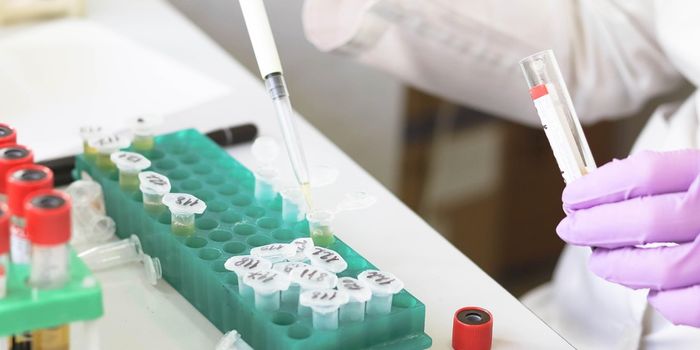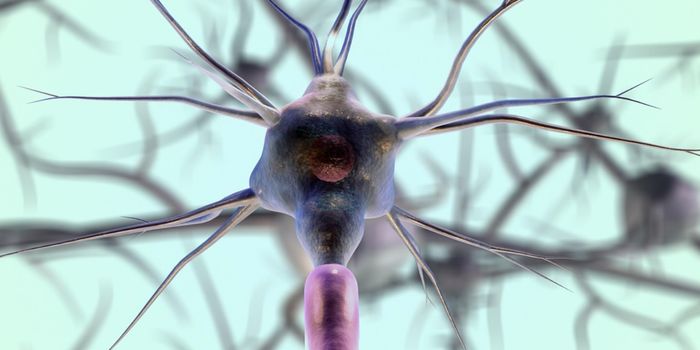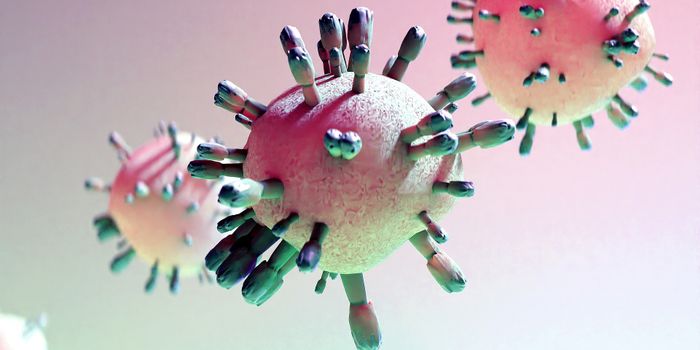Just One Fatty Meal Can Impair Focus
Many tasty and convenient foods are high in fat, and new research has suggested that just one fatty meal may hinder our ability to concentrate. This work also studied high-fat foods in the context of leaky gut, a term for an overly permeable intestinal membrane that cannot prevent bacterial toxins from entering the bloodstream. The gut and the brain are directly linked by neurons, and microorganisms in the digestive tract have been shown to affect the brain. This work helps illustrate how the gut-brain connection can work, and though the mechanisms behind the findings are still unknown, the research was conducted with human participants. The study was reported in the American Journal of Clinical Nutrition.
This work took advantage of data collected from cancer survivors in research analyzing the links between high-fat meals, fatigue, and inflammation in this group. In this study, women took a test that set a baseline for their concentration, attention span, and reaction, called a continuous performance test. The ten-minute, computer-based test and a blood draw were taken one hour before a high-fat meal, and then the test was taken again five hours later.
The meal contained 930 calories and was designed to mimic fast food; it consisted of eggs, sausage, biscuits, and gravy, which was either high in saturated fats, or high in sunflower oil. These steps were repeated one to four weeks later, but this time with the other type of gravy (either high in sunflower oil or high in saturated fat). Sunflower oil contains oleic acid, an unsaturated fat.
The participants performed worse on the test after the high-saturated fat meal compared to the high-unsaturated fat meal. This suggested that there is a rapid connection between cognition and the types of fat a person consumes.
"Most prior work looking at the causative effect of the diet has looked over a period of time. And this was just one meal - it's pretty remarkable that we saw a difference," said the lead study author Annelise Madison, a graduate student in clinical psychology at The Ohio State University. Madison studies in the lab of Janice Kiecolt-Glaser, a professor of psychiatry and psychology and director of the Institute for Behavioral Medicine Research at Ohio State.
"Because both meals were high-fat and potentially problematic, the high-saturated-fat meal's cognitive effect could be even greater if it were compared to a lower-fat meal," she added.
Bacterial toxins or endotoxins in the blood can be detected by measuring the levels of an inflammatory molecule, and can signal whether the gut barrier is permeable, or 'leaky.' This research also indicated that no matter what kind of meal was eaten, participants with leakier guts did worse on the tests.
"If the women had high levels of endotoxemia, it also wiped out the between-meal differences. They were performing poorly no matter what type of fat they ate," Madison said.
The research has not investigated the mechanism underlying these observations, so we don't know exactly what the fats are doing to cause this effect. Madison noted that previous studies have shown that saturated fats can raise inflammation throughout the body, and that inflammation may also be happening in the brain. The fatty acids might also be getting into the brain.
"It could be that fatty acids are interacting with the brain directly. What it does show is the power of gut-related dysregulation," she said.
Other factors were taken into account in this study, including average saturated fat consumption and depressive symptoms. Participants also consumed three standard meals and fasted for twelve hours before the tests. More research will be needed to confirm these findings and to learn exactly how fatty foods may be causing impairment.
If people are using fatty foods to cope with stress, their concentration may be affected even more. "What we know is that when people are more anxious, a good subset of us will find high-saturated-fat food more enticing than broccoli," said Kiecolt-Glaser. "We know from other research that depression and anxiety can interfere with concentration and attention as well. When we add that on top of the high-fat meal, we could expect the real-world effects to be even larger."
Sources: AAAS/Eurekalert! via Ohio State University, American Journal of Clinical Nutrition









